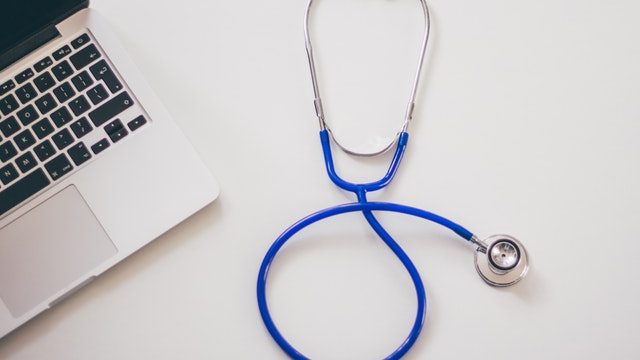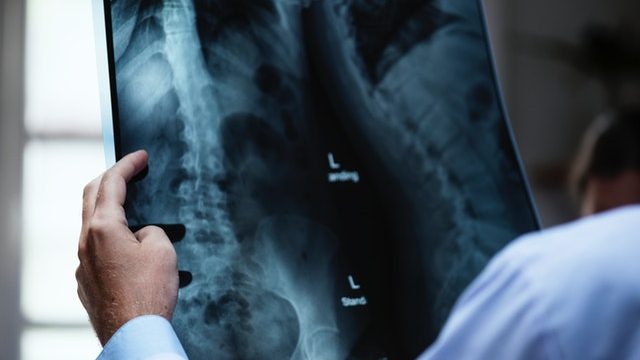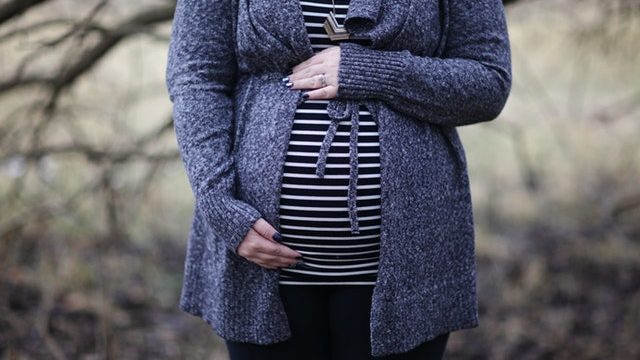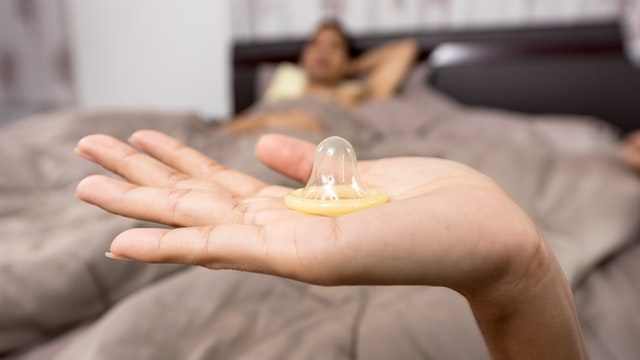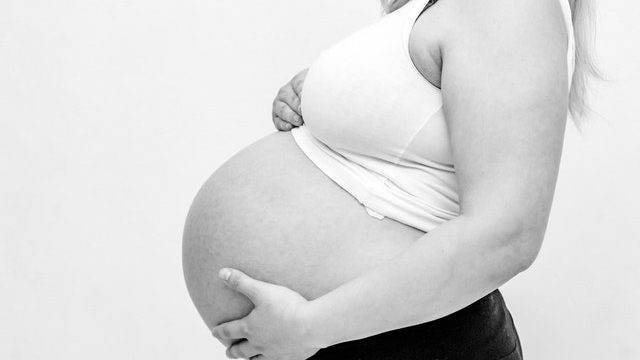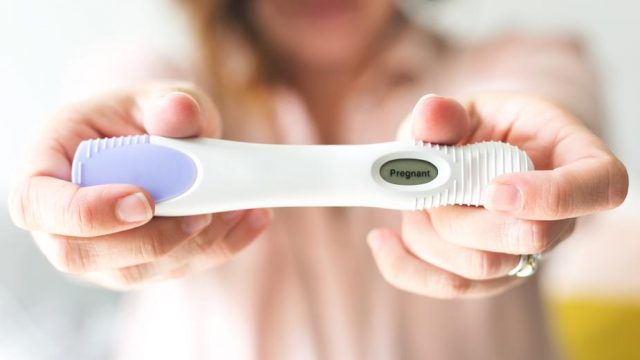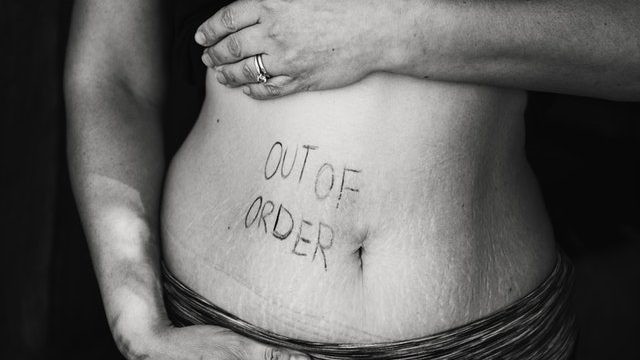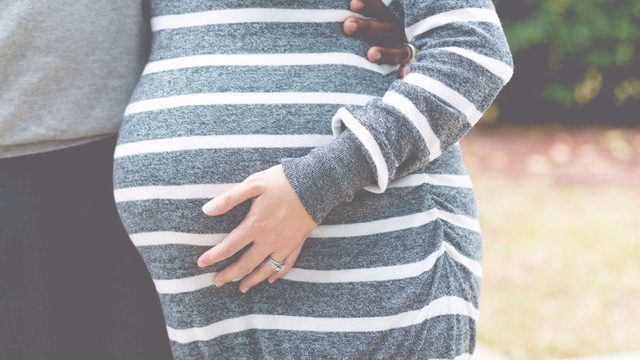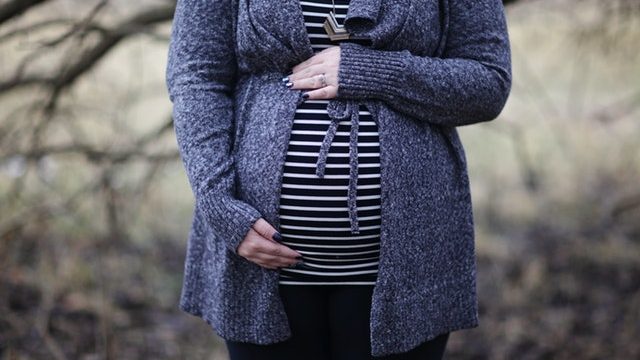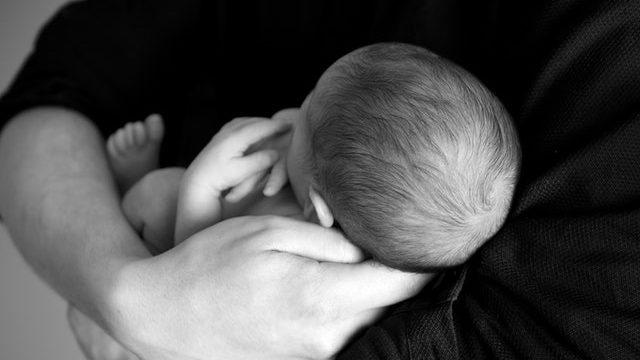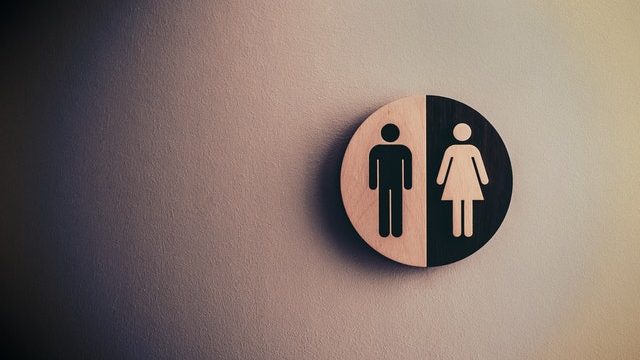The combined oral contraceptive pills are commonly referred to as “the pill”.
Which hormones are in contraceptive pills?
The Pill contains two hormones – oestrogen and a progestogen.
Various types of pills are available depending on the dose of the estrogen and the type of progesterone that they contain.
What contraceptive pills do and how does it work? / How contraceptive pills prevent pregnancy?
All pills work on the same principle. They prevent pregnancy by different mechanisms, the most important being by preventing the formation of the egg.
In addition, they also thicken the cervical mucus thereby preventing the sperm from reaching the egg. It also makes the lining of the uterus unreceptive to the pregnancy.
Can contraceptive pills fail?
The pill is extremely effective and the failure rate is less than 0.2. This is provided it is taken properly.
How contraceptive pills should be taken?
Most packets of the pill contain 21 tablets. You start on the second day of the period and take for 21 days. Then you are off from tablets for one week. You restart again after this one week break for three weeks. So you are on tablets for three weeks and off for one week.
During this week you will see your period. You continue this cycle as long as contraception is required.
Some packs come with 7 dummy tablets. In this case, you take one tablet every day and start with a new pack when the previous pack finishes without a break.
What are the benefits of taking contraceptive pills?
The pill not only provides birth control but also has other advantages. It makes the periods lighter, shorter and usually, there will not be any period pains whilst on the pill.
The pill is used widely in the treatment of certain problems such as acne, excessive hair growth, management of endometriosis and management of PCOS.
Does contraceptive pills have side effects?
When one starts the pill it is possible that in the first 1-2 cycles one may have common side effects such as nausea, vomiting, breast pain, leg cramps, and maybe spotting just before the period begins.
Most of these side effects settle down. If they persist then they can be easily managed by switching to another brand.
Can contraceptive pills cause infertility? / Does contraceptive pills cause weight gain?
There are various myths about the pill such as – that it causes weight gain and it can affect fertility in the future. This is not true and one should have a clear discussion with the doctor.
Are there any long term risks involved in taking contraceptive pills?
There are certain long term risks with the pill such as breast cancer, high blood pressure, deep vein thrombosis (DVT), paralysis and strokes and heart disease. These are more likely to happen if you are already predisposed to them.
Women who smoke/have diabetes/ blood pressure/ are obese/ have a family history of thrombosis/ have high cholesterol should take the pill with caution and be under supervision.
When should we avoid contraceptive pills?
There are certain situations wherein women should avoid the pill completely. There are certain medicines which will interfere with the action of the pill. Therefore it is essential that before you start the pill you should have a complete evaluation and discussion with the doctor.
Once you are on the pill then it is advisable to see the doctor for a routine check once in a year.
If you are looking for advice on contraception then make an appointment to see Dr. Sangeeta so that you can discuss all the options and make a choice that best suits your needs.





